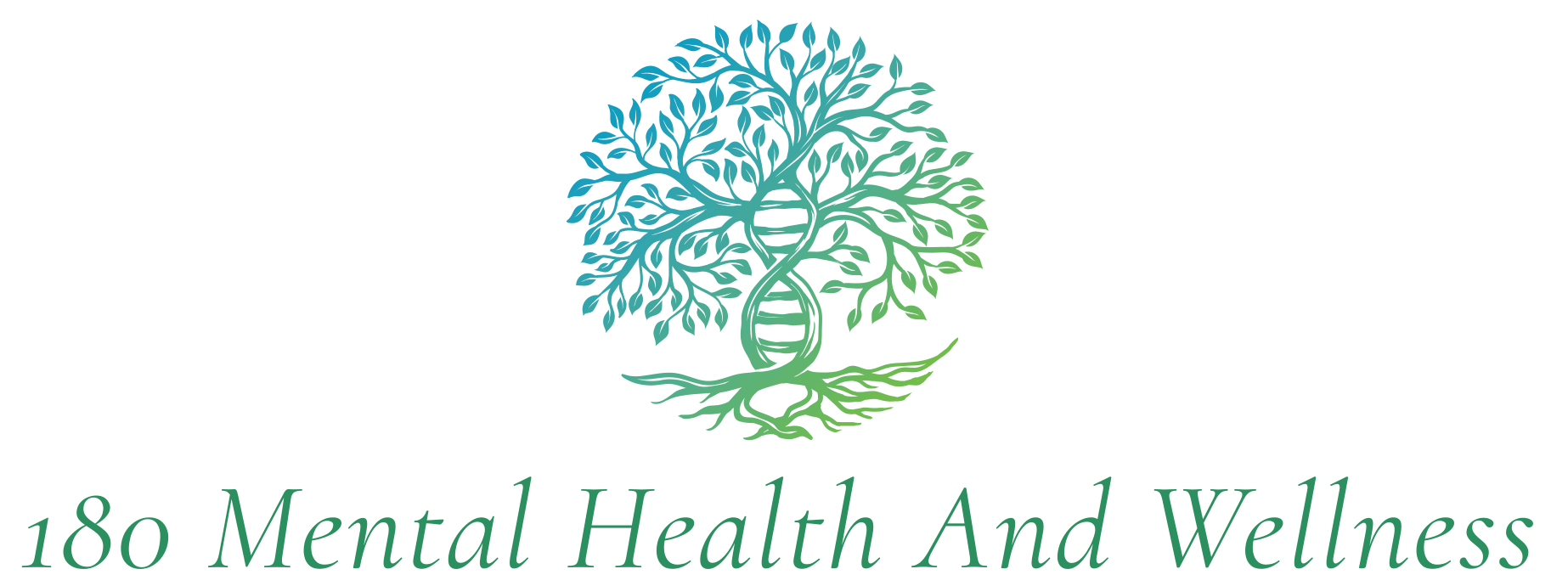Figuring out how to get help for mental health can feel confusing, especially with so many terms thrown around. Two common ones are behavioral health counseling and traditional therapy. They might sound alike, but they focus on different things and work in different ways.
Let us break down what sets them apart and how each can help with mental health.
What Is Behavioral Health Counseling
Behavioral health counseling helps people change habits or actions that affect them. This includes their mental, physical, and social well-being. The goal is to spot unhealthy patterns and replace them with better ones.
Providers often use proven techniques to help clients make long-lasting changes. It is focused on finding solutions and reaching clear, specific goals to improve overall quality of life.
Target Areas of Behavioral Health Counseling
Behavioral health counseling helps clients focus on specific areas of their well-being. This is done through targeted support and practical strategies. However, behavioral health counseling is often short-term. The focus is on immediate goals rather than long-term exploration of deep-seated emotions.
1. Managing Stress
One of the key areas is stress management. Clients learn how to recognize their stress triggers and practice techniques to stay calm and handle challenges better.
2. Overcoming Substance Use
Providers also assist with substance use management. They help clients identify what leads to their dependence on drugs or alcohol. Then, they create plans to overcome these habits for healthier living.
3. Making Lifestyle Changes
Another focus is lifestyle adjustments to improve physical and mental health. This involves making positive changes to things like diet, exercise, or sleep routines.
4. Improving Communication
Providers can help address communication difficulties or conflicts. They provide tools to build stronger relationships, whether at home, work, or with friends.
5. Building Coping Skills
Behavioral health counseling also works on developing coping strategies. These practical skills help manage emotional struggles like anxiety, depression, or other challenges. This helps make it easier to handle life’s ups and downs.
6. Supporting Overall Well-Being
Overall, it is about giving clients the tools they need to feel more in control. This helps improve their well-being step by step.
Evidence-Based Focus
Behavioral health counseling stands out because it uses methods that are backed by research. Providers often use tools like cognitive-behavioral therapy (CBT) to help people recognize and change unhelpful thoughts and actions.
You might be wondering: what is cognitive behavioral therapy? It helps you change negative thoughts and behaviors to improve how you feel.
What Is Traditional Therapy
Traditional therapy or talk therapy focuses on understanding your emotions and mental health. It often investigates the deeper reasons behind your struggles, like past traumas or unresolved issues.
The goal is to help you explore why you feel or act a certain way. Over time, you work on uncovering hidden conflicts, emotional triggers, or mental blocks. This practice helps improve your well-being.
Types of Traditional Therapy
Traditional therapy includes different methods, such as:
- Psychodynamic Therapy: This looks at how past relationships and hidden feelings can affect current problems.
- Humanistic Therapy: This helps you grow as a person by focusing on self-discovery, empathy, and support.
- Gestalt Therapy: This teaches you to stay present and focus on what is happening right now.
The type of therapy depends on what each person needs. Sessions are usually a safe space to share and work through feelings.
A Longer-Term Approach
Traditional therapy often takes more time and moves at a slower pace. It focuses on building trust between you and your provider. This helps create lasting emotional growth and better self-awareness.
Unlike behavioral health counseling, it does not focus on quick, measurable goals. Instead, it supports slow and steady personal change.
How Are They Different
Behavioral health counseling and traditional therapy overlap in some ways. However, the differences stem from their focus, methods, and goals.
Core Focus
Behavioral health counseling and traditional therapy differ in their primary focuses. The first aims to change your behavior and improve well-being. On the other hand, therapy tries to address the root cause of what troubles you.
Methods and Approach
Behavioral health counseling uses a short-term approach. It aims to alter how you respond to specific things and change your behavior relatively quickly. On the other hand, traditional therapy explores emotions, thoughts, and past experiences. It relies on open-ended discussions to process deeper issues.
Length of Treatment
Traditional therapy can take many years and is often a slow, gradual change. Behavioral health counseling aims to deliver results in a shorter span of time through structured methods.
Which Option Is Right for You
Deciding between behavioral health counseling and traditional therapy depends on what you need. If you want practical tools to change certain behaviors, behavioral health counseling might be a good choice. But if you want to explore your feelings and understand yourself better, traditional therapy could help.
Consider visiting the experts at 180 Mental Health and Wellness so that they can guide you in the right direction.
Mental Health Clinic in Phoenix, AZ
Mental health is a deeply personal matter. It is critical to seek services that align with your needs. It is also important to develop a supportive relationship with your mental health provider.
At 180 Mental Health and Wellness, we understand the importance of personalized care. If you are ready to take the next step, our team of experienced providers is here to guide you. We make it easy and convenient for you to access mental health services and offer the option – for the right patient – of seeing a virtual psychiatric nurse practitioner.
For more information, call us today at (480) 863-5250. You can also schedule your consultation using our appointment request form. Together, we can help you feel your best, one step at a time.
We look forward to providing compassionate services for mental health in Phoenix, AZ!

